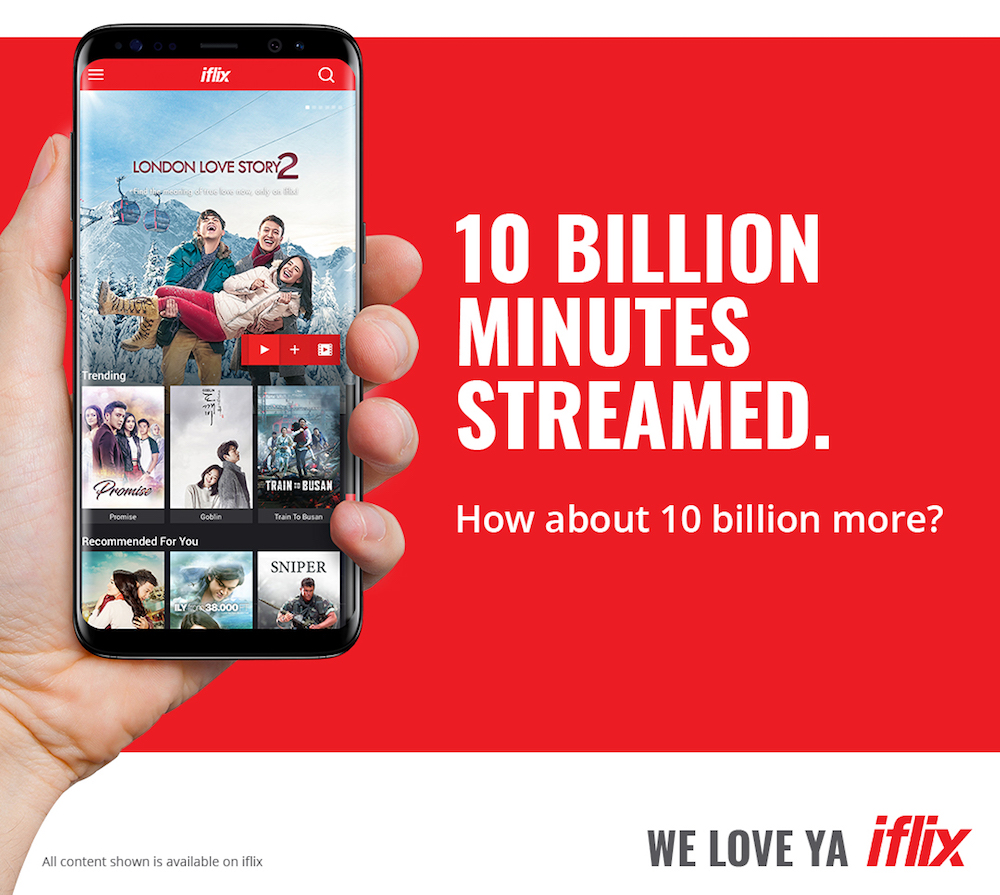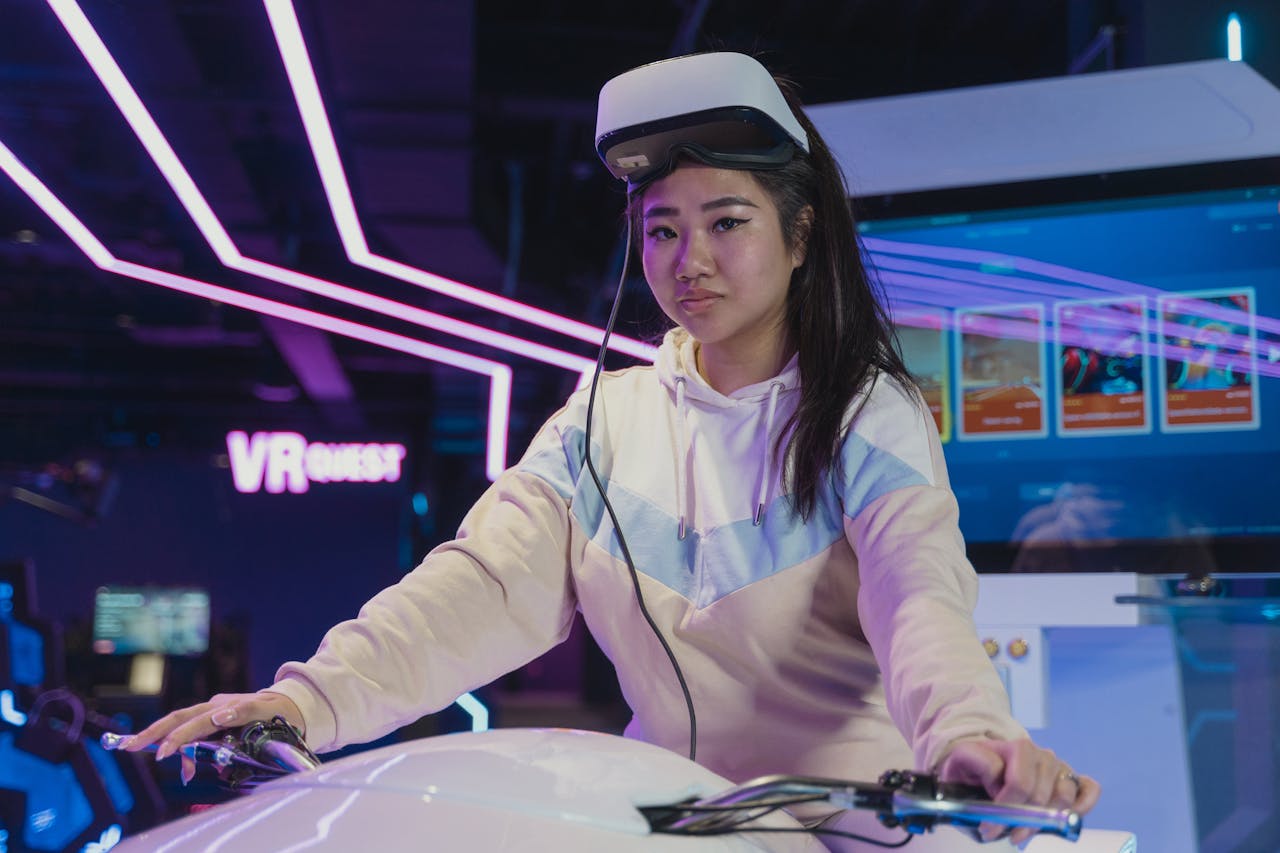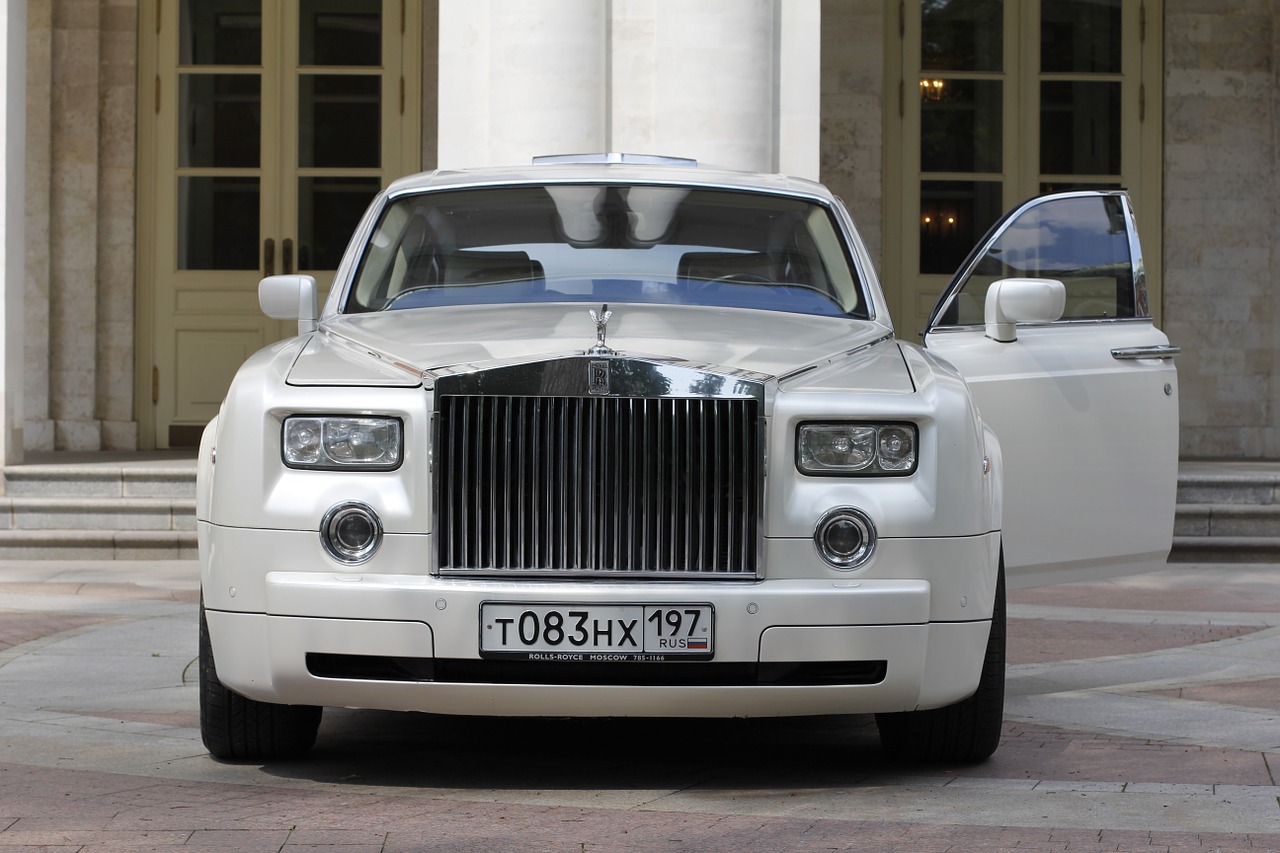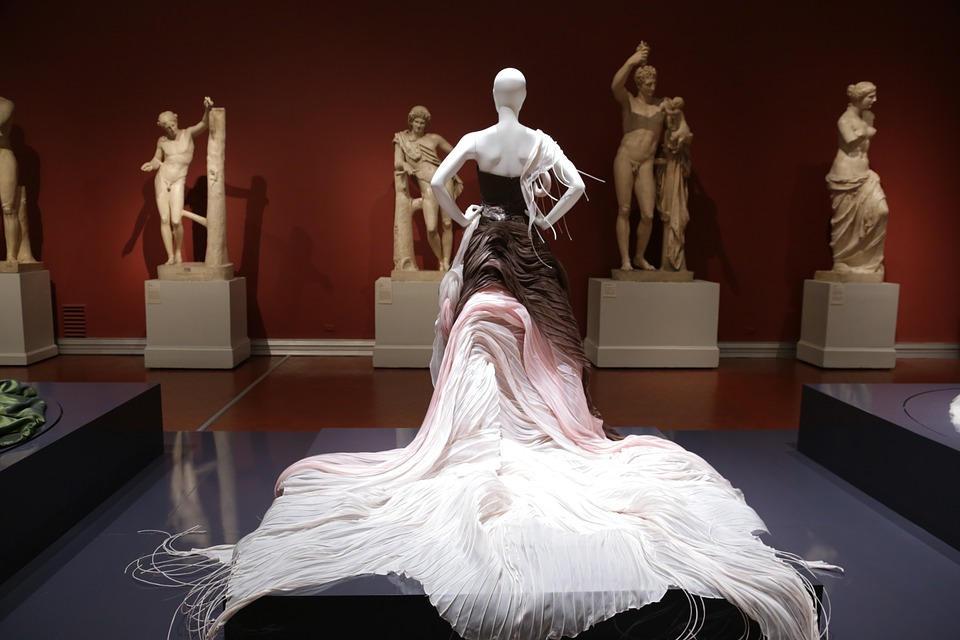When it comes to celebrating milestones and memorable events, transportation plays a significant role in setting the mood. A limousine, with its luxury, elegance, and comfort, has become the ultimate choice for special occasions. Whether it’s a wedding, prom night, corporate event, or birthday celebration, hiring a limo adds a sense of style and prestige that regular vehicles simply cannot match. Understanding why limos are ideal for such moments highlights their unique ability to transform an event into a lasting memory.
Unmatched Luxury and Comfort
One of the main reasons people choose limousines is the luxury they provide. From plush seating to spacious interiors, limos are designed for comfort and sophistication. Features such as climate control, mood lighting, entertainment systems, and refreshments create a relaxing environment where passengers can unwind and enjoy the ride. This level of comfort is particularly valuable during events that are meant to feel special and unforgettable.
Making a Stylish Entrance
Arriving in a limousine instantly elevates the impression of any occasion. A grand entrance is not just about appearance; it also creates a memorable experience for both the passenger and the audience. Whether stepping out at a wedding venue, red carpet, or gala, a limo ride enhances the overall sense of prestige and makes the occasion feel extraordinary.
Safety and Professionalism

Limo services come with trained chauffeurs who ensure safe and reliable transportation. For occasions like proms, weddings, or corporate events, having a professional driver allows guests to focus on the celebration without worrying about navigation, parking, or traffic. This added layer of safety and professionalism makes limos not only stylish but also practical for big events.
Convenience for Group Travel
Many special occasions involve groups of friends, family, or colleagues traveling together. Limos are spacious enough to accommodate several passengers comfortably, allowing everyone to enjoy the journey without being split across multiple cars. This group travel convenience fosters bonding and keeps the celebratory mood alive throughout the ride.
Personalized Experience

Another advantage of limos is the ability to tailor the ride to the event. From decorating the interior with flowers and ribbons for weddings to stocking beverages for birthday parties, limo services often allow customization to match the theme of the occasion. This personalization makes the experience more unique and memorable.
Limos have earned their reputation as the ideal choice for special occasions because they combine luxury, safety, convenience, and style in one package. They turn ordinary transportation into a once-in-a-lifetime experience, helping to mark milestones with sophistication and elegance. Whether it’s the comfort of the ride, the impression of a grand entrance, or the convenience of group travel, hiring a limousine ensures that every detail of the occasion feels truly exceptional.…








 Live gaming events serve as gathering hubs for gaming enthusiasts from diverse backgrounds and interests. Whether you’re a casual player, competitive gamer, or industry professional, these events offer a chance to connect with like-minded individuals who share your passion for gaming. Engaging in discussions, networking with fellow gamers, and forming friendships can foster a sense of camaraderie and belonging within the gaming community.
Live gaming events serve as gathering hubs for gaming enthusiasts from diverse backgrounds and interests. Whether you’re a casual player, competitive gamer, or industry professional, these events offer a chance to connect with like-minded individuals who share your passion for gaming. Engaging in discussions, networking with fellow gamers, and forming friendships can foster a sense of camaraderie and belonging within the gaming community.



 The stories and characters in classic novels are often timeless and memorable, and the themes explored can be just as powerful even when adapted for the big screen. When a movie is based on a classic novel, it’s usually because the story has an emotional depth that resonates with audiences across generations. This can create compelling moments in a movie that will leave viewers thinking about the story long after they’ve left the theater.
The stories and characters in classic novels are often timeless and memorable, and the themes explored can be just as powerful even when adapted for the big screen. When a movie is based on a classic novel, it’s usually because the story has an emotional depth that resonates with audiences across generations. This can create compelling moments in a movie that will leave viewers thinking about the story long after they’ve left the theater. Adaptations can be a great way to understand the original story better. By exploring different perspectives and themes that may not have been as apparent in the novel, you might gain new insights that can help you appreciate the classic even more. With this newfound appreciation, you’ll be able to enjoy other adaptations of the same classics and other works and stories by the original author.
Adaptations can be a great way to understand the original story better. By exploring different perspectives and themes that may not have been as apparent in the novel, you might gain new insights that can help you appreciate the classic even more. With this newfound appreciation, you’ll be able to enjoy other adaptations of the same classics and other works and stories by the original author.

 Now, the one and only racing game that deserves all the grandeur of being number one in this list is Gran Turismo 7. Developed by Polyphony Digital, this game brings you into a world of extreme racing unlike any other. The game features hundreds of cars from various manufacturers around the world and a wide selection of tracks to race on. You can also customize your car with lots of performance upgrades to get the edge over your rivals. Gran Turismo 7 is definitely a must-have for anyone looking for an adrenaline-pumping racing experience on PlayStation 5.
Now, the one and only racing game that deserves all the grandeur of being number one in this list is Gran Turismo 7. Developed by Polyphony Digital, this game brings you into a world of extreme racing unlike any other. The game features hundreds of cars from various manufacturers around the world and a wide selection of tracks to race on. You can also customize your car with lots of performance upgrades to get the edge over your rivals. Gran Turismo 7 is definitely a must-have for anyone looking for an adrenaline-pumping racing experience on PlayStation 5.
 If you are making a mostly instrumental track, consider adding in some rap beats. This can help to add more interest and energy to your music. Many people today purchase beats. Beats for sale | Hip Hop, Rap, R&B, Pop, Trap with Hooks and Chorus are easy to find online. It can also be a great way to break up the monotony of an instrumental song. Just make sure that the rap beats you choose fit well with the rest of the song. Rap beats are known to get people’s attention so if you use them well; your audience is sure to enjoy your music more.
If you are making a mostly instrumental track, consider adding in some rap beats. This can help to add more interest and energy to your music. Many people today purchase beats. Beats for sale | Hip Hop, Rap, R&B, Pop, Trap with Hooks and Chorus are easy to find online. It can also be a great way to break up the monotony of an instrumental song. Just make sure that the rap beats you choose fit well with the rest of the song. Rap beats are known to get people’s attention so if you use them well; your audience is sure to enjoy your music more. Your track should have a catchy hook that will stay in your listener’s head long after the song is over. This is one of the most essential parts of making a track interesting. Without a good hook, your track will likely be forgettable. Spend some time brainstorming ideas for hooks until you come up with something that you think will work well. If you hear a song on the radio with a great hook, try to figure out what makes it so catchy. Then, see if you can incorporate some of those elements into your own track.
Your track should have a catchy hook that will stay in your listener’s head long after the song is over. This is one of the most essential parts of making a track interesting. Without a good hook, your track will likely be forgettable. Spend some time brainstorming ideas for hooks until you come up with something that you think will work well. If you hear a song on the radio with a great hook, try to figure out what makes it so catchy. Then, see if you can incorporate some of those elements into your own track. If you are using synth sounds in your tracks, try automating them. This means that you will change the sound of the synths over time to add more interest. Automation can be done with a MIDI controller or by using a DAW. Experiment with different automation techniques to see what works best for your track. If you are new to automation, there are plenty of tutorials online that can help you get started. This is also how you can make your tracks sound more unique.
If you are using synth sounds in your tracks, try automating them. This means that you will change the sound of the synths over time to add more interest. Automation can be done with a MIDI controller or by using a DAW. Experiment with different automation techniques to see what works best for your track. If you are new to automation, there are plenty of tutorials online that can help you get started. This is also how you can make your tracks sound more unique.
 Information about the nightclub is vital to determine if it meets your standards and expectation. Any lounge worth your class should provide crucial information about its services and pictures of the facility for you to assess.
Information about the nightclub is vital to determine if it meets your standards and expectation. Any lounge worth your class should provide crucial information about its services and pictures of the facility for you to assess.  Parties are marked by music people can enjoy dancing to. Music spices up everything at the party, and you should consider whether the nightclub can accept requests from you and your guests.
Parties are marked by music people can enjoy dancing to. Music spices up everything at the party, and you should consider whether the nightclub can accept requests from you and your guests. 
 Bouncy castles are generally safe, and the kids can jump up and down and hurl themselves as they wish without any worries. Because the walls and floor are made of soft inflatable materials, they offer a soft, bouncy area to play and land on with no risks of injuries. Besides, some bouncing castles have a surrounding wall to safeguard kids, more so the small ones from jumping off and getting hurt.
Bouncy castles are generally safe, and the kids can jump up and down and hurl themselves as they wish without any worries. Because the walls and floor are made of soft inflatable materials, they offer a soft, bouncy area to play and land on with no risks of injuries. Besides, some bouncing castles have a surrounding wall to safeguard kids, more so the small ones from jumping off and getting hurt.







 When you hire a venue or hold a party, one of the worst things is to upset your neighbors. The good thing about a silent disco is that there is no noise produced. Remember that some states have strict laws and penalties on sound pollution.
When you hire a venue or hold a party, one of the worst things is to upset your neighbors. The good thing about a silent disco is that there is no noise produced. Remember that some states have strict laws and penalties on sound pollution. As you know, silent discos are downright fun. Even though they are not new, people are still amazed at their awesomeness. In fact, it can be a good icebreaker and a talking point. Also, your event is something that people talk about.
As you know, silent discos are downright fun. Even though they are not new, people are still amazed at their awesomeness. In fact, it can be a good icebreaker and a talking point. Also, your event is something that people talk about.


 Different aspects of performing arts, especially improvisation can help you people understand how to appraise various situations. You should think outside the box and be confident going into situations that are you are not familiar with. Students can learn to trust their abilities and ideas. The confidence you gain from learning how to perform arts can apply to career, life, and school.
Different aspects of performing arts, especially improvisation can help you people understand how to appraise various situations. You should think outside the box and be confident going into situations that are you are not familiar with. Students can learn to trust their abilities and ideas. The confidence you gain from learning how to perform arts can apply to career, life, and school.
 Concert tours involve a series of live performances. Figure out how many they are in total. If your favorite entertainment group is planning more than three concerts, for example, you don’t have to book VIP or VVIP tickets for all of them.
Concert tours involve a series of live performances. Figure out how many they are in total. If your favorite entertainment group is planning more than three concerts, for example, you don’t have to book VIP or VVIP tickets for all of them. Get yourself in the mood for the party spree by having an elaborate plan of what you wish to wear. A hippy look goes well with the more wild sections of the concerts. It’s important to keep in mind that what you choose to wear can make or break your day.
Get yourself in the mood for the party spree by having an elaborate plan of what you wish to wear. A hippy look goes well with the more wild sections of the concerts. It’s important to keep in mind that what you choose to wear can make or break your day.
 choosing a particular spot is the environment or terrain where you are to engage in the activity. It should have a proper slope so that you can have the best view when sliding downhill. Also, consider the amount one is charging for such. Zip lining is currently viewed as one of the best pastime activities. Here is why.
choosing a particular spot is the environment or terrain where you are to engage in the activity. It should have a proper slope so that you can have the best view when sliding downhill. Also, consider the amount one is charging for such. Zip lining is currently viewed as one of the best pastime activities. Here is why. several ways. It is good for your overall body fitness. You will have stronger arms as you engage in this activity on a regular basis. It is one of the best ways you can ease yourself from some stress. The fun that comes with it will help your mind relax better.…
several ways. It is good for your overall body fitness. You will have stronger arms as you engage in this activity on a regular basis. It is one of the best ways you can ease yourself from some stress. The fun that comes with it will help your mind relax better.…
 about some high level of convenience to our lives. You don’t have to walk to theatres on a regular basis or buy movies. All you need to do is subscribe. You should choose the best movie streaming site to have a wonderful watching experience. Here is how you can pick the best.
about some high level of convenience to our lives. You don’t have to walk to theatres on a regular basis or buy movies. All you need to do is subscribe. You should choose the best movie streaming site to have a wonderful watching experience. Here is how you can pick the best. to pay in subscription fees for a particular movie site. Such amounts usually vary from one site to another. You can compare the prices and go for one with reasonable rates. Do not forget to consider the available packages.
to pay in subscription fees for a particular movie site. Such amounts usually vary from one site to another. You can compare the prices and go for one with reasonable rates. Do not forget to consider the available packages.